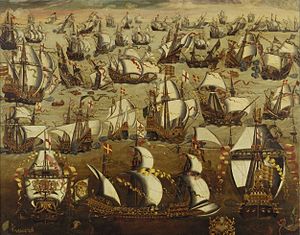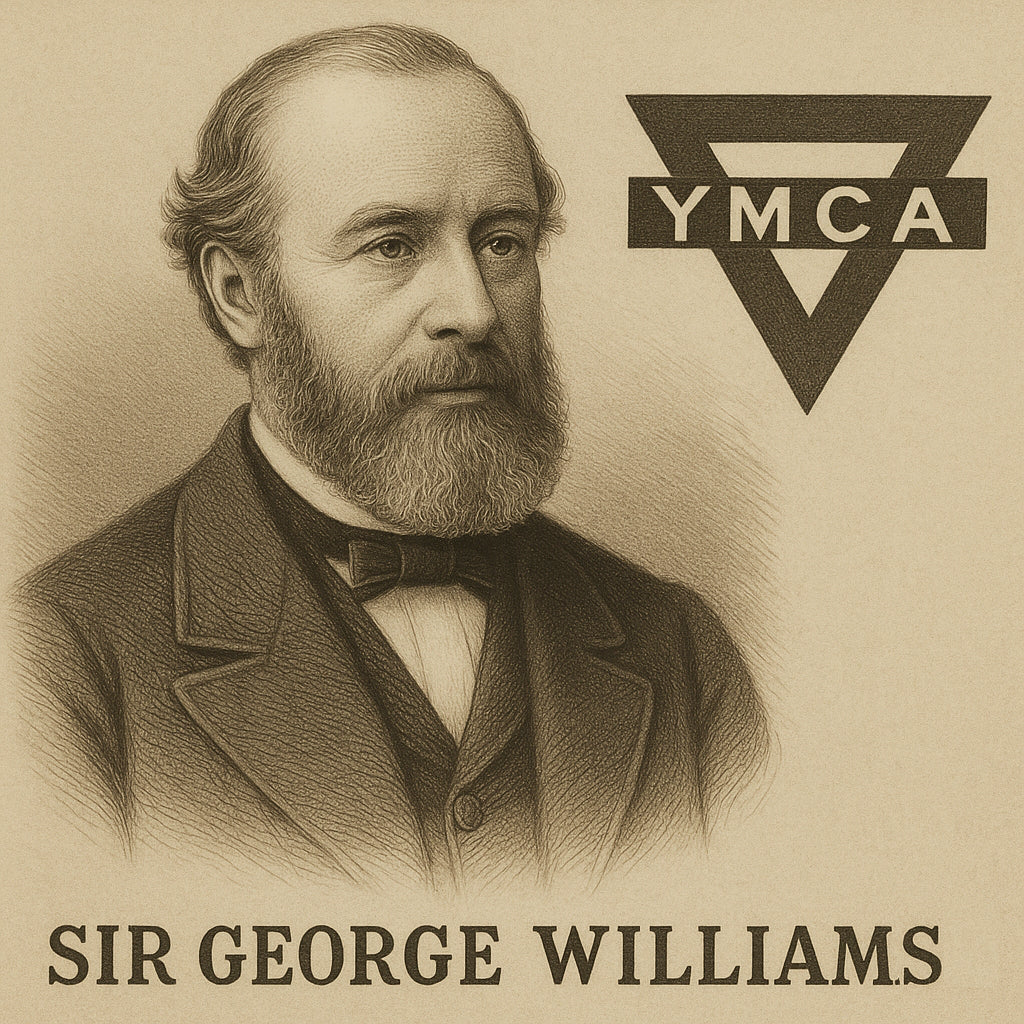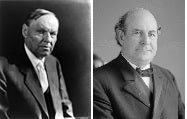Today's American Minute
Spanish Fury, and the Sinking of the Invincible Spanish Armada - American Minute with Bill Federer
Sinking of the Invincible Spanish Armada & its impact on English colonizing of America
Y.M.C.A. founding by Sir George Williams and the Muscular Christianity Movement
The Inspiring Charlie Kirk: My Friendship with a Great Man - by Bill Federer
The Inspiring Charlie Kirk by Bill Federer It is less than 24 hours since Charlie Kirk was shot when I am beginning to write this. I am still in shock and did not sleep last night. Social media is filled with tributes from across the world of people sharing how Charlie impacted their lives. Charlie literally knew thousands of great people personally. What could I possibly add to their moving remarks. Nothing. I feel at a total loss. But for the sake of posterity, with hopes the younger generation will be inspired to rise up...
Labor Day, Railroad Strikes, Grover Cleveland, Eugene Debs, Socialist Party of America, Outsourcing - American Minute with Bill Federer
Eugene Debs Grover Cleveland Labor Day Outsourcing Railroad Strikes Socialist Party of America
The Monkey Trial: William Jennings Bryan defended Creation against Clarence Darrow's racist Evolution - American Minute with Bill Federer




